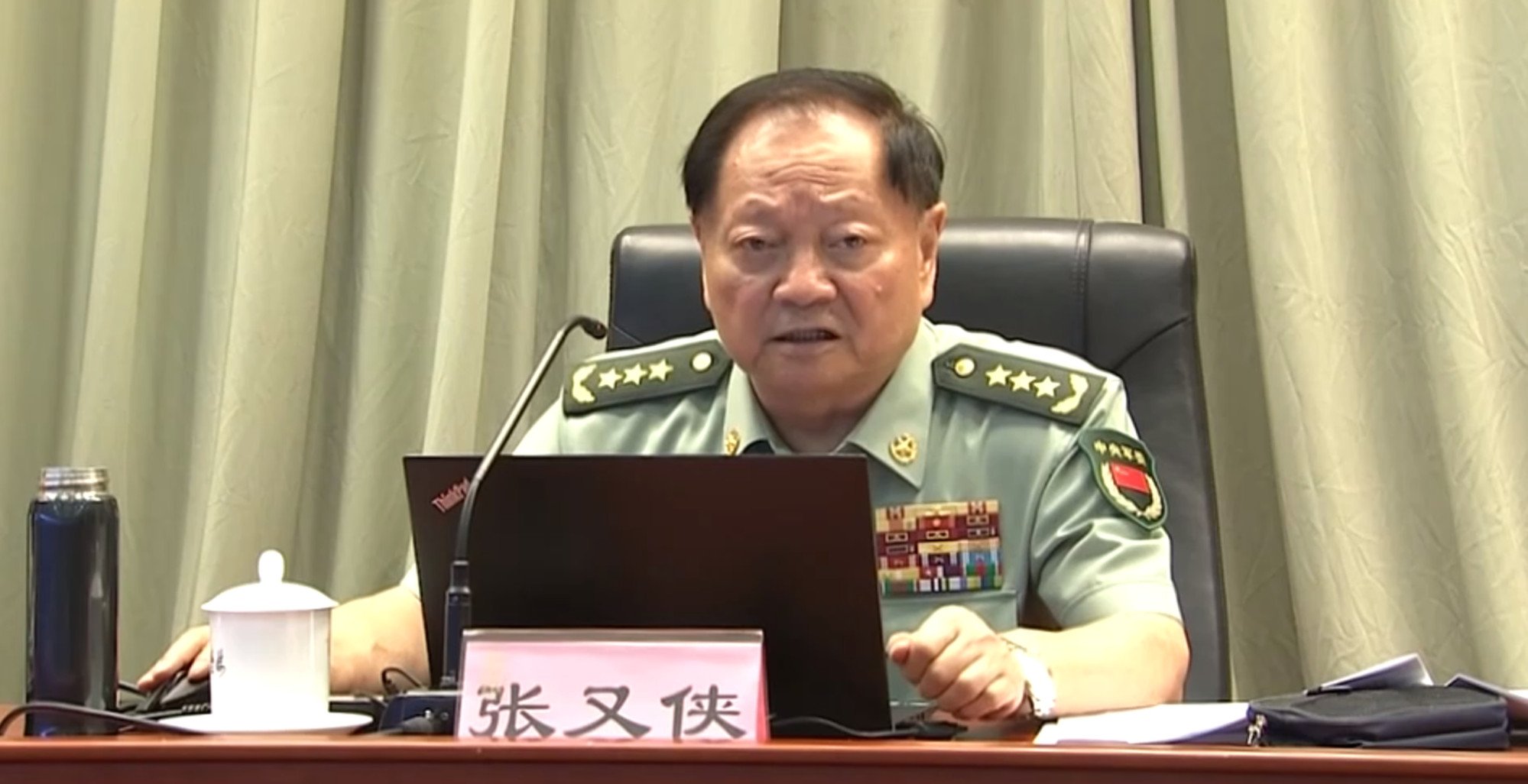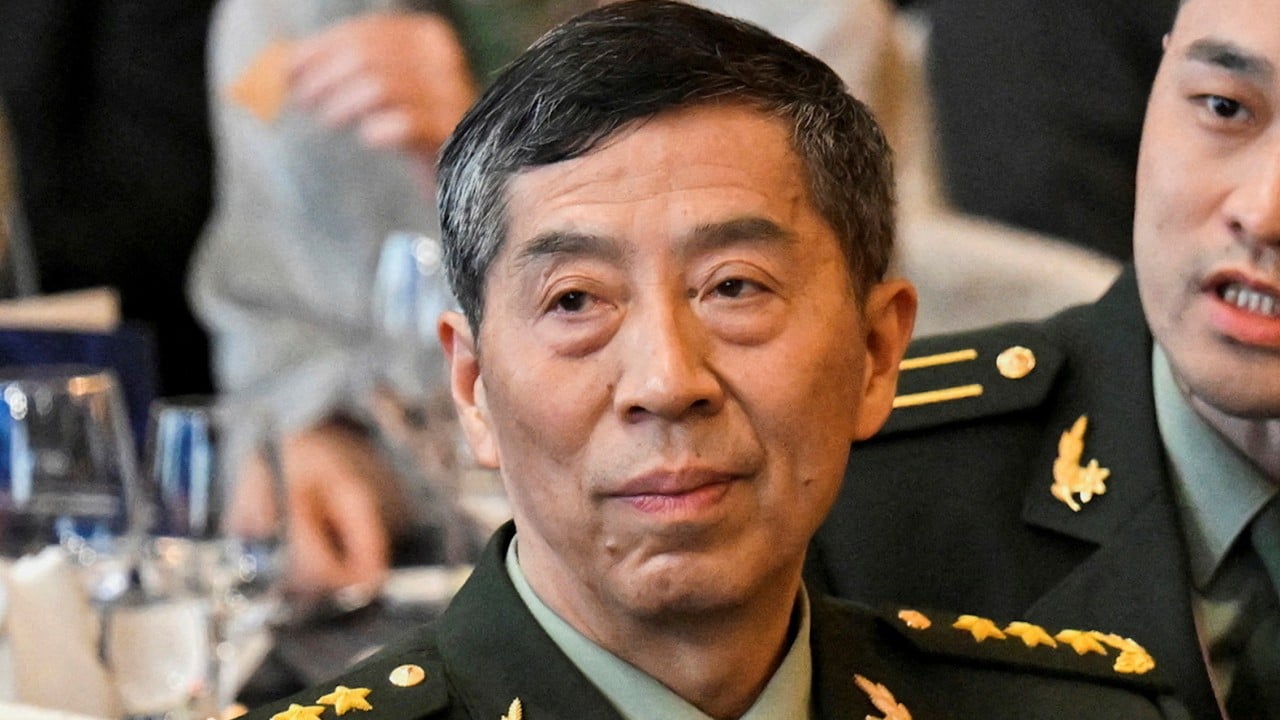
Explainer | Why the role of Chinese defence minister isn’t exactly what it sounds like
- China’s first few defence ministers enjoyed more influence and much higher profiles
- In the past few decades, the role has been redefined and its responsibilities reshuffled
How is the role different in China?
Unlike its counterparts in the United States and other Western countries, China’s defence minister is considered primarily as a public representative of the armed forces, both within China and abroad.
The role is also responsible for defence mobilisation and national defence education. The actual command power is in the hands of the Central Military Commission (CMC), which is chaired by President Xi Jinping.
China sacks missing defence chief Li Shangfu with no explanation
Li, who was also stripped of his membership of the CMC, was the fourth highest ranking member in the seven-seat body, behind Xi, the commission’s deputy chairman Zhang Youxia, and He Weidong.
The command, training, logistics, recruitment and ideology work of the world’s second largest military fall under other departments in the military, whose heads are also members of the CMC.
Chinese general to step in for missing defence minister at security forum
Ranked behind the minister of defence are the CMC Joint Staff Department’s chief of staff, Liu Zhenli, political work chief Miao Hua, and military disciplinary head Zhang Shengming.

Even military diplomacy is not the exclusive remit of the defence minister. Vice-chairs of the CMC also occasionally meet foreign guests, as Zhang Youxia, the top-ranking vice-chairman of the CMC and China’s most senior military officer, did last week.
As he met Serbian Deputy Prime Minister and Defence Minister Milos Vucevic on Tuesday in Beijing, Zhang said China would promote the continuous advancement of the military relationship between the two countries.
How has the role evolved?
The overall profile and significance of the defence minister’s job has diminished over the past two decades.
Marshal Peng Dehuai, the commander of the Chinese Volunteer Army in the Korean war, served as China’s first defence minister from 1954 to 1959. At the time, the defence ministry had several other departments under its jurisdiction, including the General Staff Department, the General Political Department, and the General Logistics Department, all overseen by deputy ministers.
After Peng was deposed in 1959, another prominent marshal, Lin Biao, took over the portfolio. After Lin died in a plane crash in Mongolia in 1971, the post of defence minister was left vacant for four years until Marshal Ye Jianying, another influential general, took over from 1975 to 1978.
Party elder Geng Biao took over the role from Marshal Xu Xiangqian, serving briefly as China’s fifth defence minister from 1981 to 1982. Xi Jinping served as Geng’s secretary from 1979 to 1982.
After Cao stepped down in 2008, the defence minister role was further weakened. No defence minister since then has served as CMC vice-chair, and none have ever belonged to the Politburo.


